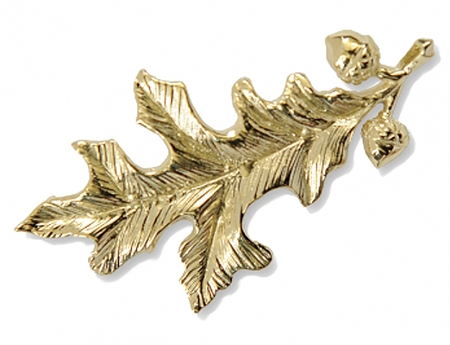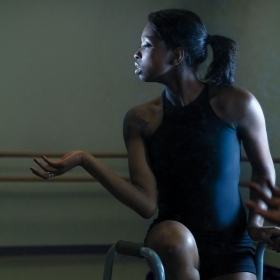Dame Susan Wunsch Rice DBE, class of ’67, tells a great story about her gold oak leaf pin. She received it in 2011 when she traveled to the College to accept Wellesley’s highest honor, the Alumnae Achievement Award, in recognition of her leadership in the most senior echelons of the British banking system. Back home in Scotland, she was wearing the pin while hosting a lecture and dinner for a major civic organization. Madeleine Korbel Albright ’59 was the featured speaker, and Rice remembers, “I was delighted to know that I’d be meeting her. I intended to mention our common Wellesley connection when I introduced myself … .” But before Rice could say anything more than a welcome, Albright spotted the oak leaf. “Her face lit up,” Rice says. “She said, ‘My sister, my Wellesley sister’ and gave me a huge hug. A moment I won’t forget.”
Rice recounted this story in response to an email sent this fall by the Alumnae Association to all living Achievement Award recipients on the 50th anniversary of the awards. We heard from journalists and judges, humanitarians and scientists, artists and businesspeople. Their responses—about how Wellesley had shaped them and what the award meant to them—were warm and full of gratitude. “Having been a Wellesley student is my secret source of strength. It has fostered my independence as an artist in what has been considered a male high-tech world,” wrote Suzanne Ciani ’68, a pioneer in the field of electronic music.
Portraits of these extraordinary women line the hallways of Alumnae Hall, where the annual award ceremony takes place. I’m always a little sad to hear students say that walking past all these photographs can be a little intimidating. Others may feel that way, too. But here’s a proposal: To honor this 50th anniversary, what if we just let their achievements inspire us to make an impact wherever we are, whatever we’re doing, and stop using them as a yardstick to measure our own supposed shortcomings?
Why? For one thing, all of the recipients I’ve met are wonderful role models. They are kind, approachable, and very conscious of the people who helped them along the way, meaning they offer a ready hand up to others. And for another, they didn’t spring forth onto the international stage preformed—like some Athena from Zeus’ head—ready to make a phenomenal difference in the world.
They have had long, unexpectedly winding careers. (Dame Rice, for example, started out as a medical researcher, then became a college dean, then got into banking.) They have failed. They have endured disapproval from parents. (Here’s human-rights activist Felice Gaer ’68 on bringing her mom to the awards ceremony: “My mother had always been dubious of my career choice. What will you be with an A.B. degree in political science, she had asked. An expert, I replied. Now, I was a recognized expert.”) They speak of battling sexism and racism. One, a much-storied college president, calls herself “a late bloomer.” And then there’s the internationally recognized expert on women’s body images who said, “I felt like a failure a lot of the time when I was a student, so the award made me feel redeemed in some way.”
Right? We’ve all been there, done that.
So here’s Part B of my 50th-anniversary proposal: What if we greet one another with the same recognition and affection as the two oak-leaf wearers above, without any sense of not measuring up? What if we honor each other for whatever we’re doing—whether it’s raising a child, or looking for a job after being laid off, or writing a book, or feeding the homeless—and just be ourselves, without any guilt?








We ask that those who engage in Wellesley magazine's online community act with honesty, integrity, and respect. (Remember the honor code, alums?) We reserve the right to remove comments by impersonators or comments that are not civil and relevant to the subject at hand. By posting here, you are permitting Wellesley magazine to edit and republish your comment in all media. Please remember that all posts are public.